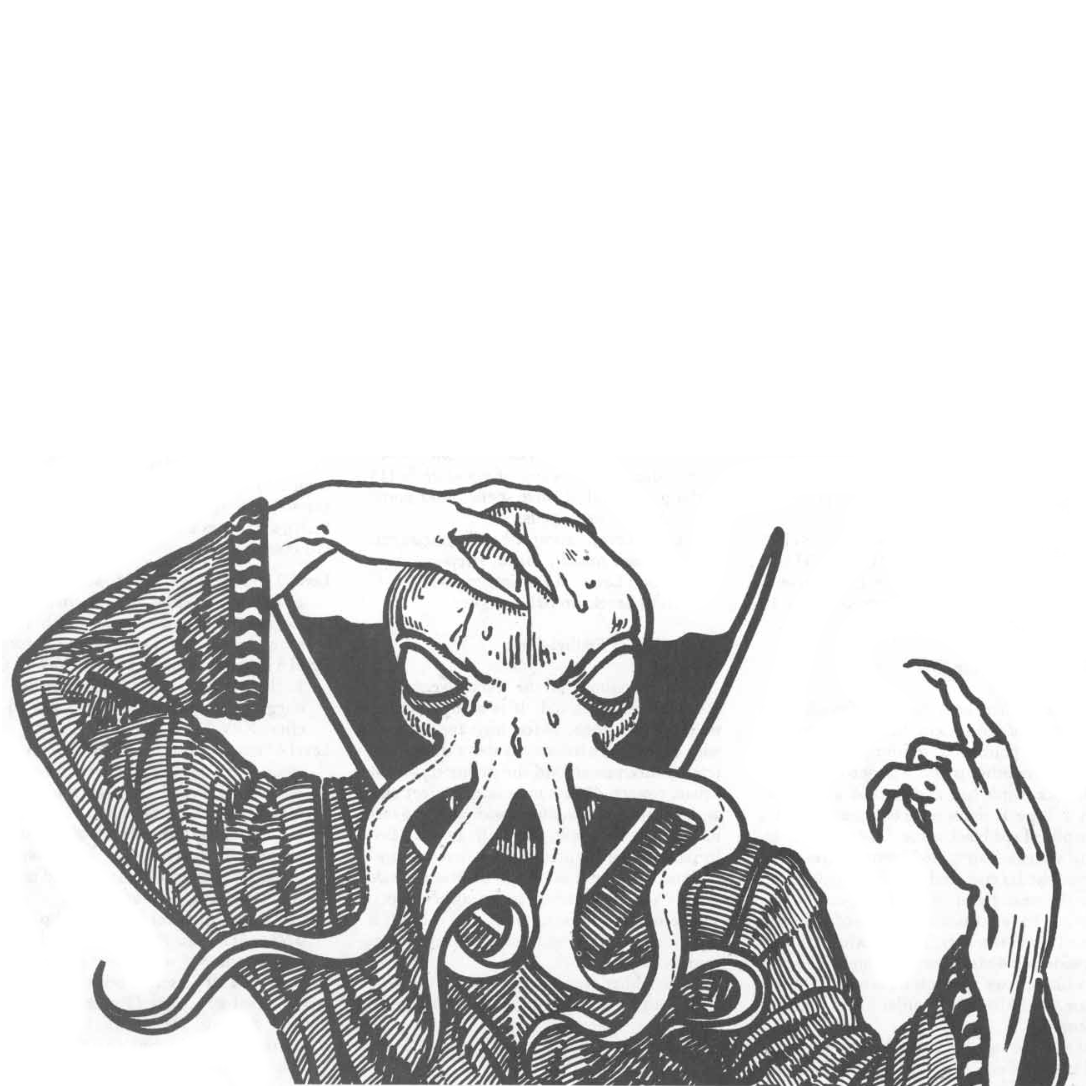Blades in the Dark is a horribly shallow system that is terribly balanced in that your character is meant to fail most tasks so that 'Drama' can happen as you bargain with the DM for success at a cost, which then heavily penalizes your character with injuries or stacked odds for future rolls, making the whole thing a slip and slide into guaranteed failure.
It's bad. Like, real bad. I understand the idea of it and it could have worked, but the default success chance is simply too damn low for it to work without heavy DM fudging and that's really really bad for a game with such simple rules. And since the author seems to like Blades, I cannot value her opinion on TTRPGs
From my understand of running a single Forged in the Dark session Saturday, I would have thought that just relying on conditions and debuffs in general isn't the intention, and they want you to be creative and use clocks and have narrative or situational consequences be tied to them.
Well, the main issue stems from pure success being unlikely to attain because most rolls will not be for 'sure things'. Your combined chance to fail a roll outright or succeed at a cost is far far higher then succeeding a check, so when I played it, we entered a failure cascade pretty fast whenever we had to roll to do something.
Like, in any situation, you only succeed without issue if you roll a 6 in your die pool. Typically, that pool is between 2 and 4 dice, so your chance to roll a 6 is, at lest, okay. And if you don't get that 6, you either have to escalate the situation or suffer complications, or you just fail, if you only have 1-3s on your dice. It's just...I dunno.
edit wasn't done typing: If you had more dice, this system would probably work, but each class is only good at very few things, so as soon as you are out of your characters comfort zone, you are in such high risk of failure that it's just not very fun. When I played it (one time), it felt like a comedy of errors and not like a bunch of hardened criminals doing a heist.
Yeah, I can see where you're coming from. Only looking at some of the SRD stuff, it looks like Blades gives you 7 dots across 12 actions? The hack that I was playing (Blades of the Immortals) had 6 dots across 9 actions and spilled a lot of ink to stress that making the players feel incompetent is bad and should be avoided, partially due to the genre being more dramatic than grim and grimy.
What you describe can happen if the DM is unexperienced and only can come up with complications that are either take damage or stress. With an experienced DM it can be turned into an Indians Jones adventure where there are things happening and getting more complicated each time, like in the Venice canals or plane fight or motorcycle pursuit in the last crusade.
If the DM aims for a hopeless grim tone it can be achieved but that is limiting the game possibilities. Also I like games that can go from one end to the other with a DM capable of managing emotions and the ritm of the adventure.
It's an incredible complex and hard system, I have read it 4 times during 2 years before I was brave enough to DM it. It's challenging but also provide a lot of fun.
Have you played call of cthulhu? I don't think there is much difference on how difficult is to success and survive. This game also can be converted into a pulp experience.
Are you are coming from other heroitic fantasy games? Bitd it's just a different game that aims for a different tone.
I disagree that the system is simple. It's dead easy. Which is why it is unacceptable and frankly terrible that it plays so badly.
And no I will not let you say 'oh a good DM will just fix it' because that's true for any game. Just going off of the examples BitD gives for when you are supposed to roll makes it clear that they did not consider how their own damn game plays:
This is how they define a Controlled roll, aka the least risky roll you can make: "You have a golden opportunity. You’re exploiting a dominant advantage. You’re set up for success." This is how thy define a Risky roll: "You go head to head. You’re acting under duress. You’re taking a chance."
The phrasing of 'you go head to head' under risky means that any time I am rolling against an NPC, it's a risky roll. By their own definitions, controlled rolls almost never happen. They state this again saying that your default roll is risk,y because if there is no risk, why roll? That's fair enough as a guideline and I agree with the statement in principle, but the fact remains that you're one failure away from a desperate roll in any situation where dice come up. That's bad.
Since you need a 6 to succeed without issues, if you have 3 dice, that's a 42% chance to actually get a 6 on one of them. Not great for what amounts to a great stat for a starting character.
I could trawl for more examples but I'd rather not read this book again.
As for me: I have played CoC, yes, though my TTRPG background is in Shadowrun, Feng Shui, Vampire, Mage and D&D mostly. But no, BitD is not comparable to COC is my opinion, because in CoC I can make a character that can almost always succeed in the things I deem important for the character. Sure they will be a bit of a lump otherwise, but since there is nothing keeping you from having 80+% in your main skills, when it's your time to shine, you can more or less depend on that working out. And sure once the eldritch horrors come out you may die, but so much of a CoC session is sleuthing around, finding clues and unraveling mysteries at a slow pace...I have trouble imagining your average BitD session would feel similar. maybe on one of the guild types I didn't play, but with the default of a thieves guild, I don't see how it would.
I guess what it boils down to for me is that at no point did I feel I was playing a competent character in BitD. Any roll, even in your supposed expertise, was a crapshoot. I played a Lurk and tried to play to their strengths and it just didn't work at all, which felt like bad luck because I didn't think the DM was piling on unnecessary rolls.
I've never played Blades in the Dark, but maybe this will be a good introduction to it at least with a different setting.
The setting of blades is while well crafted utterly dark and dreary. Personally I cannot stand it. So anything that is forged in the dark (what the generic mechanics are called) but with a bit more sun is in my opinion pretty much an upgrade. So if you are interested in the forged family of systems and you find CO's setting/premise go for it.
Can also recommend you to have a look at the larger FitD ecosystem as there are plenty of goodies.
Candela obscura is meant to be a horror game, so I doubt it's going to be with "a bit more sun". IIRC it's supposed to be call of Cthulhu-esque
Going by the article's description it sounds like it's just fantasy 1900s (but without racism and other bigotries) which doesn't sound anywhere near as grim as Duskvol's "the world has ended and our electricity runs on souls". The regional map for example just looks reads as "generic fantasy" to me.
Show
I dunno, i havent read it, but it describes itself as 'horror' several times, and calls itself "investigative horror". From what i've gleaned it was supposed to be victorian-esque call of cthulhu? But i'm also not 100% sure.
You’re needed, investigators: join the secret society Candela Obscura to confront occult horrors from beyond, keeping hidden the true nature of magickal incursions besetting our world.
Candela Obscura (bestowed the hashtag #CandelaObscura) is a new tabletop roleplaying game that places you in the roles of investigators working for an esoteric order. In this game of investigative horror, individuals of varied talents are brought together under the organization Candela Obscura. You’ll pursue strange occurrences and encounter dangerous magicks, fighting back against a mysterious source of corruption and bleed. Candela Obscura is the first to use the Illuminated Worlds System, a newly designed system that uses 6-sided dice and lends itself to narrative, arc-driven play.
Anything compared to Duskvol is sunny. That city and its atmosphere is so oppresivley dark and dreary. The sun literally doesn't shine and no stars illuminate the night sky.
I don't find Cthulhu horror that dark. Damp and misty sure. With the cosmic/existential horror being rooted in ones insignificance and the ungraspness of the infinite existence there is little explicit need for darkness. It can be dark yes, just doesn't need to be.
There is a Gundam adaptation of blades called “Beam Saber” and it just the best.
When the rivals show up things get dicey






